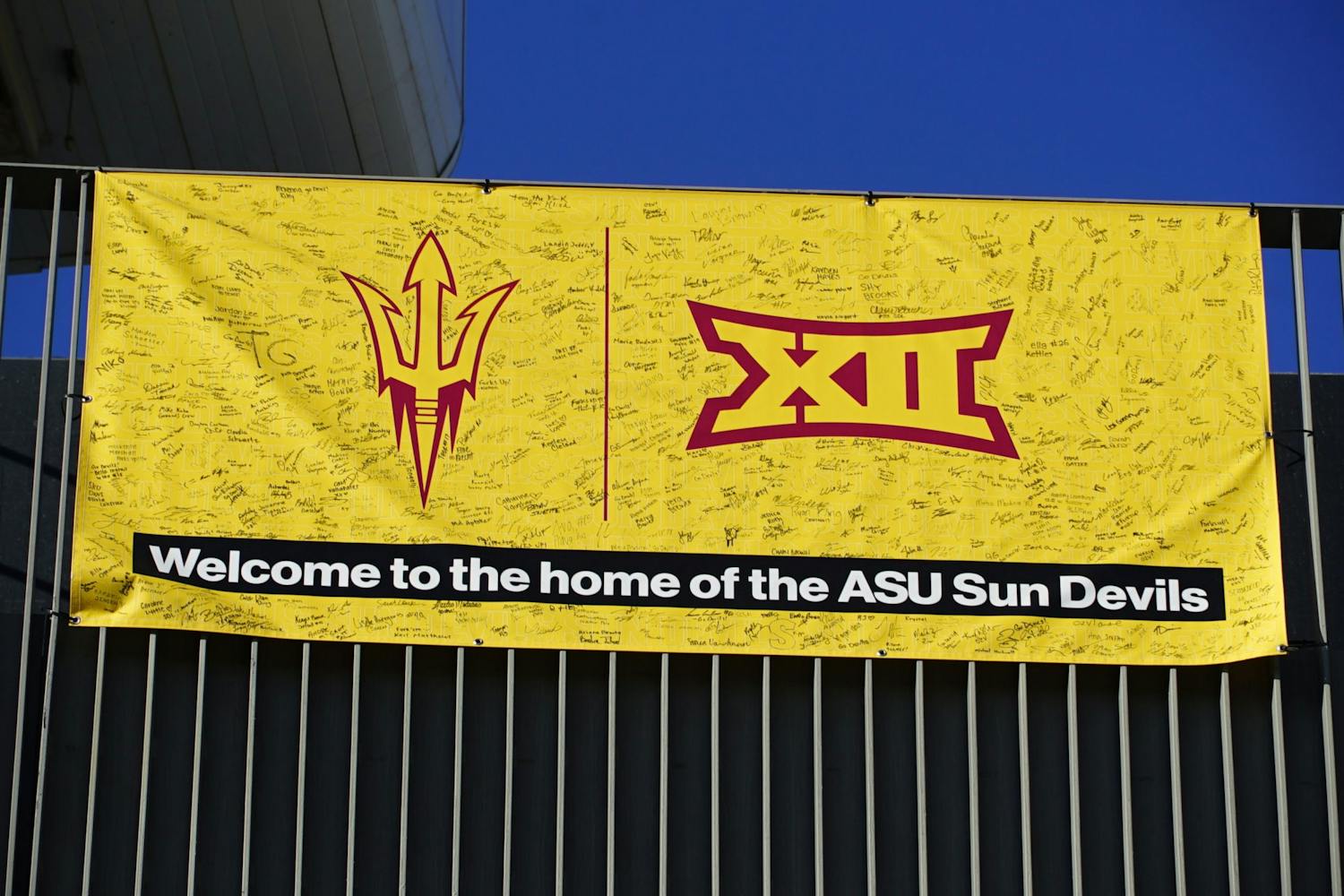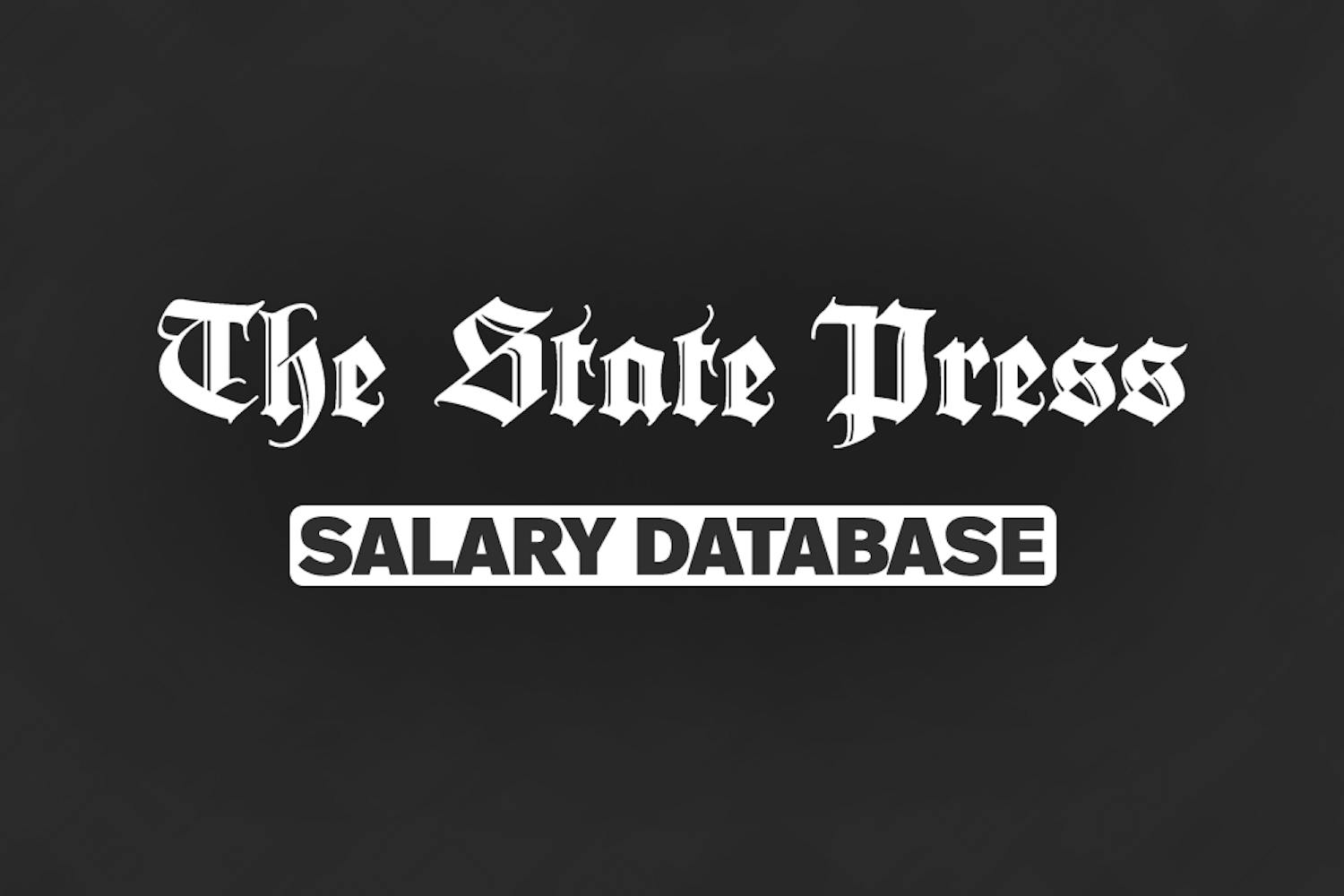For students pursuing careers in scientific fields, finding a job to beef up your resume is essential to succeed. The first step for these students is finding the right research project. Here are the stories of three student researchers and the answers they are seeking.
Jacob Burba
Fields of Study: Earth and Space Exploration with a focus in Astrophysics and Computational Mathematical Science
“It took me a little while to find out what I really wanted to study,” Jacob Burba says, as he tinkers with the control panel. The Blue Planet appears on screen; he taps a key and soon we see satellites rapidly orbiting the 3-D image. “I was googling different subjects and came across the Astrophysics page on the ASU website. In a matter of minutes I just knew it was right.”
Happy to leave his job in retail behind, astrophysics and computational mathematical science junior Jacob Burba took a job as a planetarium technician at the Marston Exploration Theater at ASU.
“My favorite part about this job is the educational aspect. Anyone who is interested can come in and get a pretty good tour of the universe from the comfort of our theater, in 3-D," Burba says. "We’ve also got an impressive meteorite collection up stairs.”
Aside from giving tours and the normal class workload, Jacob is crunching data from lunar images taken by a camera system created at ASU.
“It’s all for the resume. Anything I can handle, I try to take on, because it’s competitive out there.”
Finding research work as an undergrad student can prove a difficult task. Jacob says the hardest part of searching for a job is getting a foot in the door. He maintains that gaining experience is a result of testing limits.
"My advice to students looking to get more involved in research is to just say yes," Jacob asserts. "Say yes even if it’s not what you want to do forever. For now, it shows that you are eager to work, eager to explore. And that can only help you.”
Teresa Lupone
Field of Study: Health Sciences and Microbiology
It often takes students a matter of years before they know exactly what career path to choose. For health science and microbiology junior Teresa Lupone, it was not until after she had received her bachelor’s degree in journalism that she learned her true calling.
Lupone participated in research on black widow spiders for a professor at the West campus after agreeing to spend the summer in the field with one of her friends. She remembers how adventurous the fieldwork was, visiting sketchy places late at night.
"I had so much fun doing urban fieldwork that I decided to take a few science classes," she says. "I turned out being better at the subject than I thought.”
With her first real biology-related experience being a research gig, Lupone had no hesitance when the time came for her to work on a project of her own. She and a team of like-minded students are currently working at an ASU West lab collecting and analyzing the DNA of fruit flies. They plan to map the gene sequence in hopes of finding where these genes are expressed in the larvae of fruit flies.
On top of this, Lupone is an instructional aide, which means she is an undergraduate student who is paid to teach labs for a biology instructor.
When asked for advice to give to young students looking to step it up, Lupone says not to be afraid to seek the guidance of professors.
"They are people too, and some of them are still even students," she adds. "They know what it is like to start out with a blank resume, and most are happy to help you out.”
Trystin Bercel
Field of Study: Earth and Space Exploration with a concentration in Astrobiology and Biogeosciences with Minors in Biological Sciences and Sustainability
Astrobiology and Biogeosciences senior Trystin Bercel studies three highly scientific fields at once, constantly working towards some lofty goals. Enrolling in 18 credit hours with an additional three in research is one good way to make your name at ASU.
“I’m more of a big picture kind of person," Bercel says. "The origin of life is very interesting to me, so studying organisms that live in hydrothermal vents or on asteroids is just so cool to me.”
Bercel, still an undergrad, has already had the chance to study organisms living in extreme environments around the country. Recently, she went to Yellowstone National Park to sample hot springs to observe organisms that live in the boiling hot water.
She favors fieldwork in scientific research and hopes to pursue oceanography.
For many students, especially those studying physical sciences, the work load is a necessary evil. So, having support and enjoying leisure time is essential to success. Bercel says time management is the greatest struggle.
With research, an on-campus job and a full course-load, she finds herself on campus during weekends and holidays. In spite of her hectic schedule, she says she loves the work she does.
"You really just have to convince yourself that is worth your time,” she says.
Reach the writer at tscholes92@yahoo.com or on Twitter @tscholes92.



